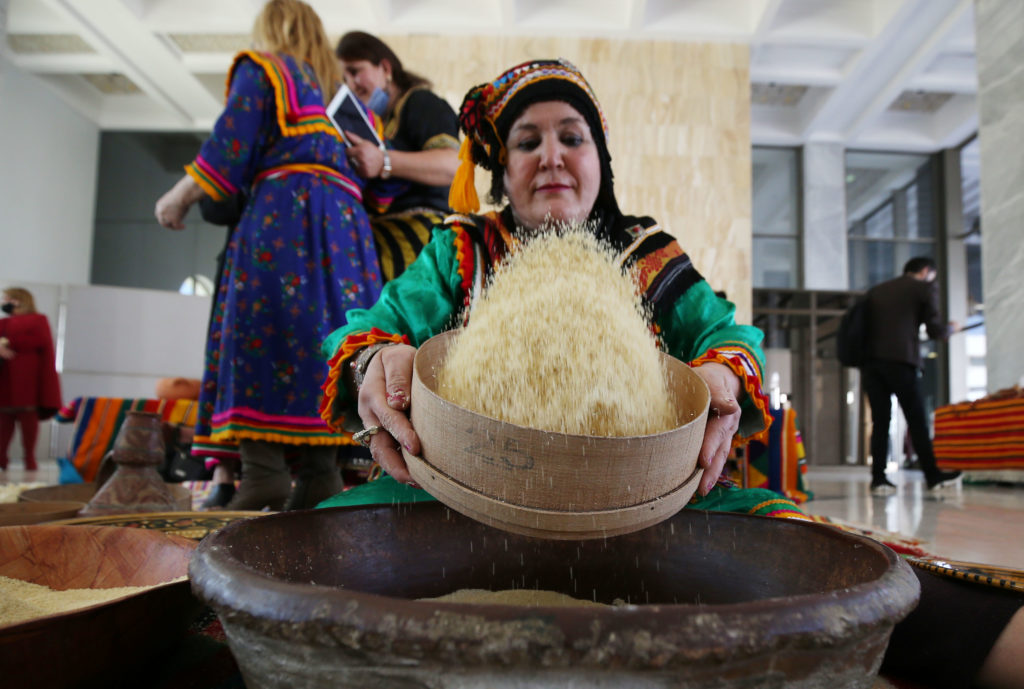São Paulo – The United Nations Educational, Scientific and Cultural Organization (UNESCO) added couscous to its list of Intangible Culture Heritage. The registration is the result of a joint application by four Arab African countries – Algeria, Mauritania, Morocco and Tunisia.
The UNESCO list of intangible culture heritage includes social practices of a country or region expressed by means of knowledges, know-hows, celebrations, art forms and other activities. The culinary tradition of couscous joined other rituals inscribed.
“The knowledge, know-how and practices related to the production and consumption of couscous have just been inscribed on UNESCO’s list of intangible cultural heritage,” UNESCO published on Wednesday (16) on its social media. The joint inscription was described as “an example of international cultural cooperation.”
Couscous is usually served with a range of side dishes, such as spicy stews, meats, fishes or vegetables, which vary according to the traditions of each place or cook. The couscous is a staple in the four countries that filed the application.
Other practices, rituals and traditions from Arab countries are part of the United Nations list of intangible cultural heritage, such as the traditional weaving of Al Sadu (Saudi Arabia and Kuwait, camel racing (United Arab Emirates), and crafting and playing the Oud (Syria).
Translated by Guilherme Miranda




